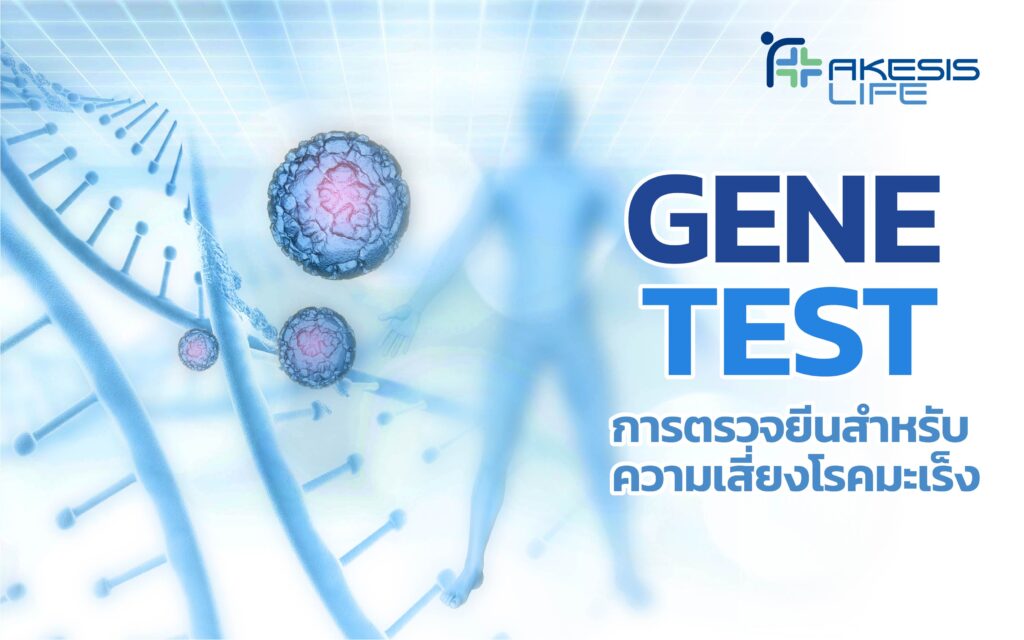
- Those with a clear family history of specific cancers, who should undergo earlier cancer screening or adopt lifestyle changes to lower their cancer risk. For example, testing for BRCA1 and BRCA2 gene mutations in families with multiple cases of breast cancer.
- Individuals already diagnosed with cancer, especially if hereditary factors are suspected, such as early-onset cancer, rare cancer types (e.g., male breast cancer), or a strong family history.
- Relatives of individuals known to carry cancer-related hereditary mutations, to determine whether early screening or preventive measures are necessary.
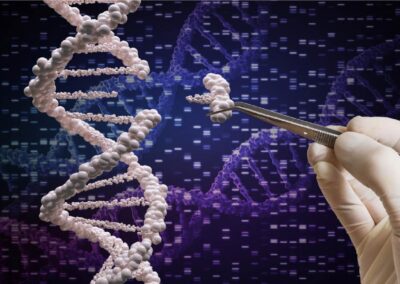
Who Can Benefit from Genetic Testing?
- Individuals with multiple first-degree relatives (parents, siblings, children) who have had cancer.
- Individuals with several relatives on the same side of the family diagnosed with the same type of cancer.
- Families with various cancer types linked to a single gene, such as breast, ovarian, and pancreatic cancer associated with BRCA mutations.
- Families with members who have had more than one type of cancer.
- Individuals with family members diagnosed with cancer at an unusually young age.
- Close relatives of patients with rare, inherited cancer syndromes.
- Individuals with rare cancers (personally or within their family), such as male breast cancer or childhood retinoblastoma.
- Those of specific ethnic backgrounds with increased cancer risks, e.g., Ashkenazi Jewish ancestry with a higher likelihood of BRCA mutations.
- People showing physical signs linked to hereditary cancers, such as numerous polyps in the colon.
- Families with more than one member found to carry hereditary gene mutations.
- Individuals whose cancer cell lab tests suggest possible genetic mutations.
What is Genetic Counseling?
Genetic counseling provides information and guidance on whether genetic testing is appropriate. Genetic counselors are specially trained professionals who help patients understand test results, cancer risks, and appropriate risk management strategies.
Testing Cancer Cells for Gene Mutations
After a cancer diagnosis, doctors may test cancer cells to detect genetic or protein changes. These results can inform prognosis and guide treatment decisions.
At-Home Genetic Screening
Some genetic screening kits are available for direct purchase and self-sampling, typically using saliva to test DNA. The sample is mailed to a lab for analysis. Before buying, consumers should understand what the test covers and its reliability.
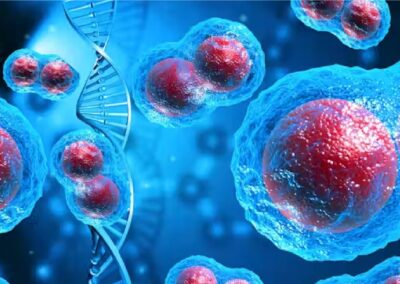
Key Considerations Before Genetic Testing
What Can You Learn from Genetic Testing?
- Identifies increased risk of certain diseases if mutations are found.
- In at-risk families:
- A negative result (no mutation) can reduce anxiety.
- A positive result (mutation present) enables proactive steps, such as earlier and more frequent screenings, specific cancer monitoring, symptom awareness, or preventive interventions like medication, surgery, or lifestyle changes.
A gene mutation does not guarantee cancer development—it only indicates increased risk. Risk is influenced by lifestyle, environmental exposures, and age.
How Genetic Test Results Affect Families
If a mutation is found, it can help relatives decide whether to get tested, understand their risk, and take preventive steps if needed.
Are Additional Tests Needed After Genetic Testing?
Some individuals may need follow-up tests. For instance, those with mutations linked to colon cancer may be advised to undergo a colonoscopy.
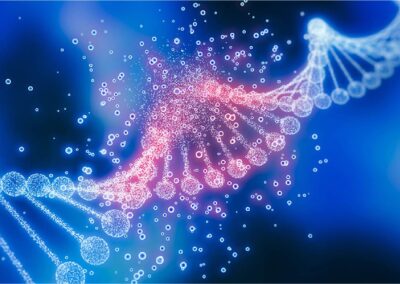
Genetic Testing Process for Cancer Risk
Step 1: Collecting Medical and Family History
Patients will answer questions regarding:
- Their personal medical history, medication use, biopsies, surgeries, prior cancer screenings, gynecological history, lifestyle, and carcinogen exposure.
- For cancer patients, details about cancer type and biomarkers.
- Family history from both paternal and maternal sides, cancer types, ages at diagnosis, and verification via medical records or death certificates.
Step 2: Risk Assessment
Based on history, healthcare providers evaluate the likelihood of hereditary cancer and determine whether genetic testing is beneficial and which genes to test.
Step 3: Information and Informed Consent
Before testing, the provider will explain:
- How the specific cancer is inherited.
- Risks, benefits, costs, and limitations of genetic testing.
- Who in the family should be tested.
- Emotional, psychological, and social impacts of the results, including potential family stress and financial implications.
- Providers should help reduce patient anxiety and guide on how to share results with family members.
- Written informed consent is required.
Step 4: Sample Collection and Laboratory Testing
- Samples may include blood, saliva, or cheek swabs.
- For individuals with blood cancers or bone marrow transplants, alternative samples may be required.
- Fasting is not necessary.
- Most test results are available within 2–3 weeks, depending on the gene.
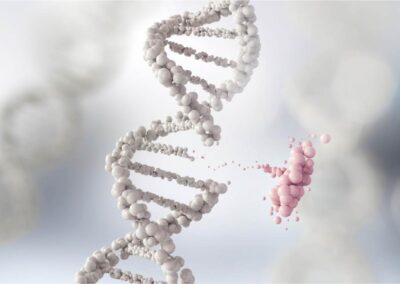
Interpreting Genetic Test Results
If Results Are Positive
- A mutation is present, indicating higher cancer risk.
- If cancer is already diagnosed, the mutation may explain its development and suggest increased risk of other cancers.
- Indicates potential risk for family members.
- Results cannot specify when or if cancer will occur.
- The counselor plays a crucial role in advising preventive steps and family communication.
- Positive results may also influence treatment choices for diagnosed cancers.
If Results Are Negative
- If a known family mutation exists and you test negative, your risk is similar to the general population.
- If no known mutation exists in the family, a negative result suggests no identified mutation—but other non-genetic or unknown factors may still pose risk.
- Negative results can occur if:
- The familial mutation is undetectable by current methods.
- The test did not include the specific mutation.
- The mutation is in an undiscovered gene.
If Results Are a Variant of Uncertain Significance (VUS)
- A genetic change was found, but its impact on cancer risk is unclear.
- Typically, this result does not change treatment plans, as most VUSs are later found to be harmless.
What to Do if You Test Positive for a Cancer-Related Mutation
Risk management depends on the cancer type. Common approaches include:
- Lifestyle modifications
- Chemoprevention
- Preventive surgery
- Early screening, as early-stage detection improves treatment outcomes.
Sharing Genetic Test Results with Family
If a mutation is found, patients may choose to inform relatives, potentially improving their health outcomes if they also seek counseling or testing. However, test results may cause anxiety, and some family members may not wish to know their cancer risk, especially if no preventive options are available.
Open communication with family members before testing is essential to understand their preferences regarding test disclosure.
- Temitope O. Keku et al., Gene Testing: What the Health Professional Needs to Know, The Journal of Nutrition, 2003. https://doi.org/10.1093/jn/133.11.3754S
- American Cancer Society:
- https://www.cancer.org/cancer/risk-prevention/genetics/genetic-testing-for-cancer-risk/understanding-genetic-testing-for-cancer.html
- https://www.cancer.org/cancer/risk-prevention/genetics/genetic-testing-for-cancer-risk/should-i-get-genetic-testing-for-cancer-risk.html
- https://www.cancer.org/cancer/risk-prevention/genetics/genetic-testing-for-cancer-risk/what-happens-during-genetic-testing-for-cancer.html

